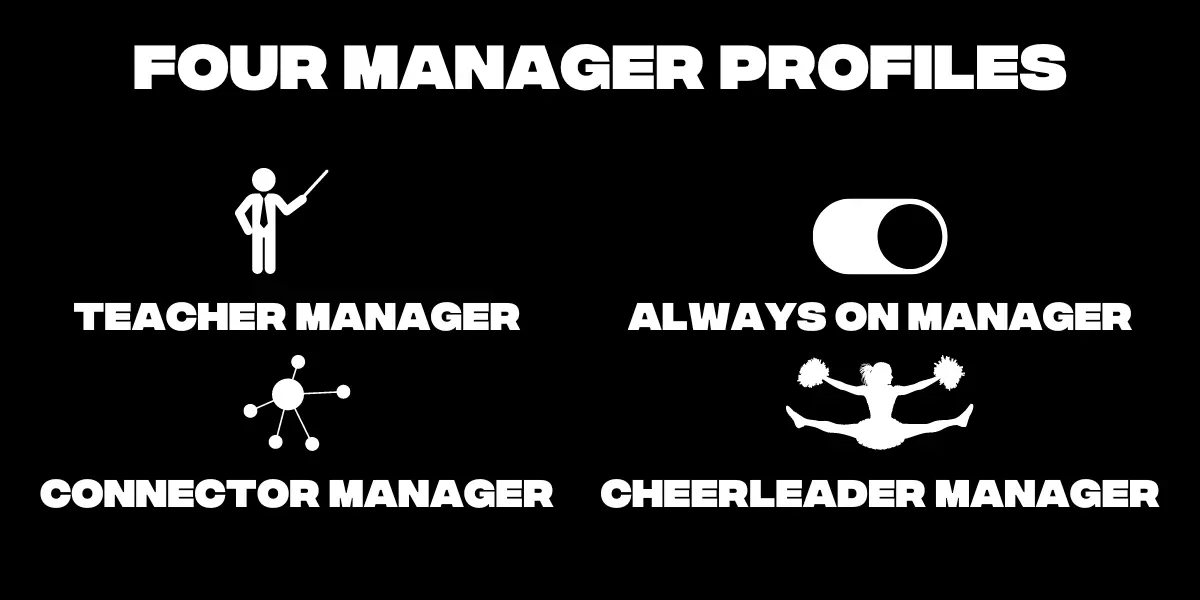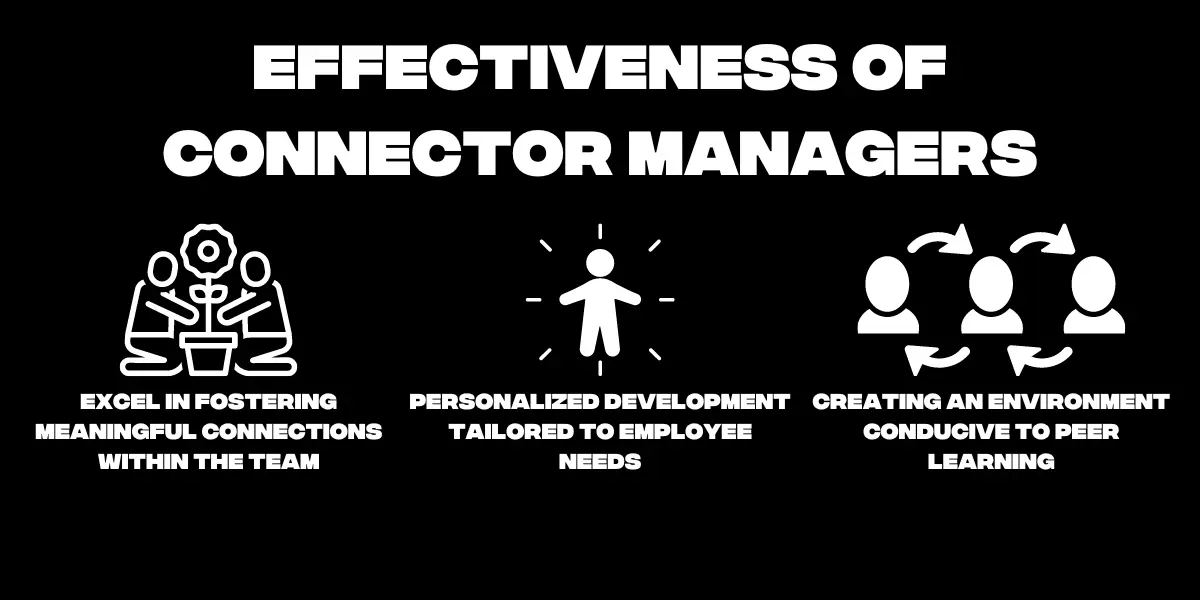In today’s fast-paced sales environment, the role of sales managers in coaching and developing their teams has become increasingly crucial. However, this task is not without its challenges. Sales managers often find themselves juggling numerous responsibilities, from meetings to emails, leaving limited time for coaching and feedback.
Time constraints and priorities
Learning and development departments are pushing for more time dedicated to developing employees, but this can seem like an unattainable goal given the constraints of a manager’s schedule. Even when efforts are made to prioritize coaching, they may not always yield the desired results and can even lead to a decline in team performance. Did you know that role-playing is 4x faster with Virtual Reality?
The traditional approach is outdated
The traditional approach to employee development is being questioned as the sales landscape evolves. Sellers are now required to navigate complex deals involving multiple stakeholders across different functions and geographies. This dynamic environment demands a shift towards more flexible and tailored learning and development strategies.
The role of managers in the evolution of learning
Managers play a crucial role in this evolution. While classroom training remains a component of learning, manager-led coaching and training efforts offer unique advantages. Managers are intimately familiar with their team’s work, enabling them to provide personalized coaching and timely feedback. This approach also offers greater flexibility in terms of timing, aligning better with the dynamic nature of the sales role.
The gap in effective coaching
Despite the importance of manager-led coaching, many sales managers struggle to meet expectations. They often lack the time and confidence to develop the skills their teams need. This gap in effective coaching can have significant consequences, impacting employee retention and overall team performance.
To address these challenges, organizations are exploring different approaches to employee development. Through a global survey, four distinct manager profiles were identified:
1. Teacher managers
2. Always On managers
3. Connector managers
4. Cheerleader managers

The effectiveness of Connector managers
While each approach has its merits, Connector managers emerged as particularly effective in driving high team performance.
Connector managers excel in fostering meaningful connections within the team, personalized development tailored to employee needs, and creating an environment conducive to peer learning. Their impact on employee performance, especially in the sales function, is significant, highlighting the importance of fostering connections and personalized development in today’s sales management landscape.
In conclusion, developing effective sales managers requires a shift towards tailored coaching approaches, leveraging manager-led initiatives, and recognizing the critical role of fostering connections and personalized development in driving high team performance.




